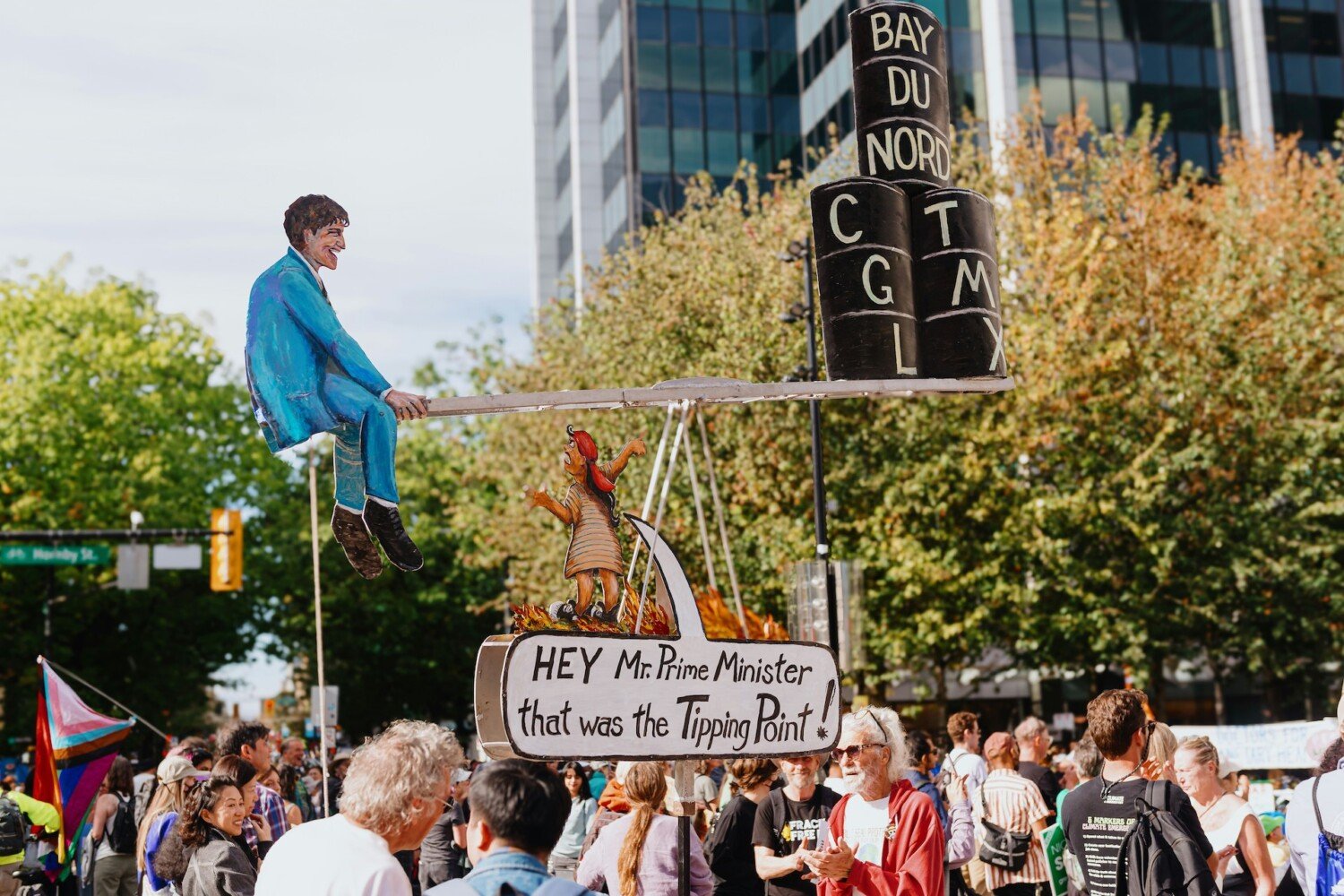|
LISTEN TO POST:
|

The End of an Era: Justin Trudeau Bids Farewell
In a surprise announcement that sent shockwaves across Canada and beyond, Justin Trudeau, the charismatic yet increasingly polarizing Prime Minister, declared his intention to step down. This decision marks the end of an era, closing nearly a decade of leadership defined by ambitious progressive policies, a global focus on diversity and inclusion, and steering Canada through crises such as the COVID-19 pandemic. However, Trudeau’s later years in office were marred by growing controversies, economic difficulties, and a sense of alienation from many ordinary Canadians. Mounting pressure within his own Liberal Party, combined with declining public approval ratings, created a political environment that ultimately compelled him to resign. In his statement, Trudeau emphasized the need for the Liberal Party to renew itself and rebuild trust with voters ahead of the upcoming federal election.
Trudeau’s resignation is accompanied by his decision to prorogue Parliament, halting legislative activity until the party selects a new leader. While the move has sparked debate, Trudeau framed it as an opportunity for his successor to start afresh, unencumbered by ongoing parliamentary disputes or unfinished policy debates. Critics, however, argue that proroguing Parliament at such a critical time leaves important legislative initiatives in limbo, including key bills addressing affordability and climate change. The move has deepened political uncertainty and intensified speculation about the future of the Liberal Party in the face of formidable opposition.
Pierre Poilievre: A Leader on the Rise
At the center of this political shift is Pierre Poilievre, the leader of the Conservative Party of Canada. Poilievre has effectively harnessed public dissatisfaction with Trudeau’s leadership, presenting himself as a champion of affordability and a force for change. His sharp rhetoric and promises to overhaul Canada’s economic priorities have positioned him as a strong contender for the country’s top political role, heightening anticipation for the upcoming elections and signaling a potential shift in Canada’s political identity.
Pierre Poilievre’s ascent to the forefront of Canadian politics has been nothing short of remarkable. Known for his razor-sharp debating skills and unapologetic approach to confronting political issues, Poilievre embodies the kind of conservative leadership that appeals to a broad spectrum of Canadians. From blue-collar workers to suburban families struggling with skyrocketing housing costs, Poilievre’s message resonates deeply.
Born in Calgary and raised with a strong work ethic, Poilievre entered politics at a young age. His early years as a Member of Parliament showcased his keen intellect and unrelenting focus on issues like government accountability, fiscal prudence, and individual freedoms. As the leader of the Conservative Party, Poilievre has honed these principles into a vision that stands in stark contrast to Trudeau’s progressive agenda.
What truly sets Poilievre apart, however, is his ability to connect with Canadians on an emotional level. At a time when inflation has eroded the purchasing power of millions, and housing prices have pushed home ownership out of reach for many, Poilievre’s focus on “making life affordable again” has struck a chord. His promise to reform housing policies, reduce taxes, and rein in government spending has positioned him as a practical and relatable leader in an era of economic uncertainty.
The Decline of the Liberal Party: Where Did It All Go Wrong?
For much of the past decade, the Liberal Party enjoyed a stronghold on Canadian politics, with Justin Trudeau at its helm. His progressive policies on climate change, immigration, and gender equality brought Canada global recognition. Yet, as the years passed, cracks began to appear in the party’s foundation.
One of the key challenges the Liberals faced was balancing ambitious climate goals with the economic realities of a country heavily reliant on natural resources. Policies like carbon taxes, while lauded internationally, alienated many Canadians, particularly in resource-rich provinces like Alberta and Saskatchewan. The housing crisis, another pressing issue, further eroded trust in Trudeau’s leadership. Critics argued that the Liberal government’s policies failed to address the root causes of the affordability crisis, leaving many young Canadians disillusioned.
Moreover, the perception of a government out of touch with everyday Canadians became a recurring theme. Scandals, such as the SNC-Lavalin affair and the WE Charity controversy, tarnished Trudeau’s image as a transparent and ethical leader. The Liberal Party’s inability to effectively address rising concerns around inflation and economic inequality further weakened its standing, paving the way for a more populist alternative.
The NDP’s Struggle to Stay Relevant
While the Liberals have faced their share of challenges, the New Democratic Party (NDP) has struggled to carve out its place in Canada’s political narrative. Once seen as a champion of progressive ideals, the NDP under Jagmeet Singh has often been criticized for failing to offer a compelling alternative to the Liberals.
Despite aligning with Trudeau’s government on key policies, such as healthcare and housing, the NDP’s support base has dwindled. Many Canadians view the party as a secondary player, lacking the influence to drive meaningful change. This perception has been particularly damaging in a political landscape where voters are increasingly drawn to leaders with clear, actionable visions.
Singh’s inability to capitalize on the growing frustration with the Liberal government has allowed the Conservatives, under Poilievre, to gain traction among disillusioned voters. The NDP’s struggle to stay relevant raises important questions about its future role in Canadian politics.
Canada’s New Direction: The Poilievre Era
As Trudeau steps down, attention has shifted to Pierre Poilievre, the leader of the Conservative Party, who has emerged as a dominant figure in Canadian politics. Poilievre’s sharp criticism of Liberal policies, coupled with his populist messaging, has resonated with a growing segment of the Canadian electorate. While he is not yet Prime Minister, polls suggest that Poilievre and the Conservatives are well-positioned to win the next federal election. His focus on economic reform, reducing government spending, and addressing inflation has struck a chord with voters frustrated by the rising cost of living and perceived government overreach.
Poilievre’s rise reflects a broader shift in Canadian politics, with the Conservative Party capitalizing on public discontent and presenting itself as a viable alternative to the Liberal-NDP alliance. His campaign has emphasized a return to fiscal responsibility, energy independence, and policies aimed at empowering the middle class. However, critics argue that Poilievre’s approach risks deepening political polarization and alienating progressive Canadians. As the next election approaches, Poilievre’s ability to maintain momentum and unite a diverse electorate will be crucial in determining whether he can translate his popularity into a mandate to govern.
The Future of Canada: A Nation Poised for Greatness
Canada stands at a crossroads, with the potential for significant political and economic transformation under new leadership. While Pierre Poilievre has yet to assume the role of Prime Minister, his rising popularity and the weakening of the Liberal and NDP coalition suggest a high probability of a Conservative victory in the next federal election. This potential shift in leadership comes at a time when Canada faces critical challenges, including economic recovery, climate change, and strengthening its position on the global stage.
The prospect of a Poilievre-led government has sparked both hope and apprehension among Canadians. Supporters view him as a dynamic leader who can reinvigorate the economy, restore public trust in government, and assert Canada’s sovereignty in international affairs. Detractors, however, worry about the potential rollback of progressive policies and the impact of his populist rhetoric on national unity. Regardless of the outcome, the next chapter in Canada’s political history will be shaped by the choices made in the upcoming election and the leadership that emerges to guide the nation forward.



